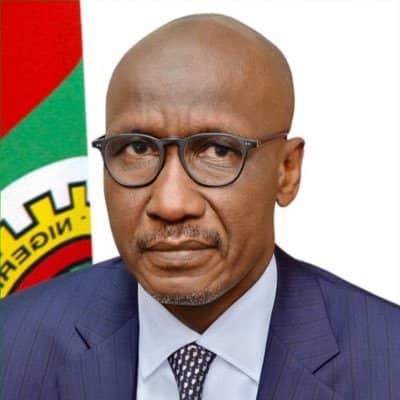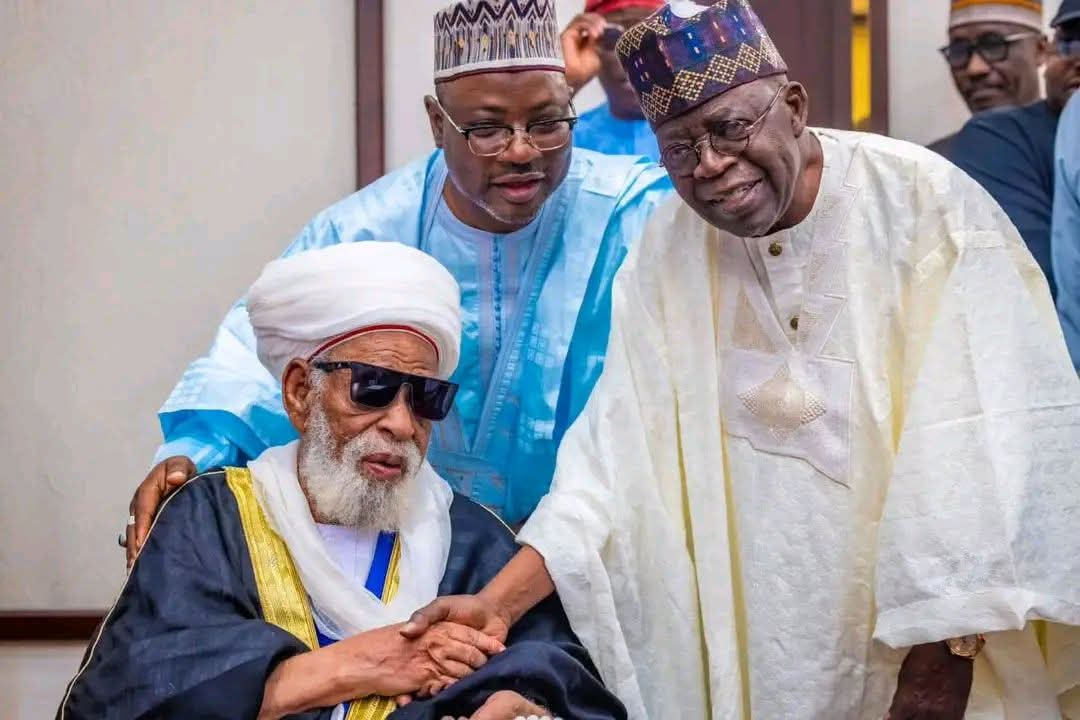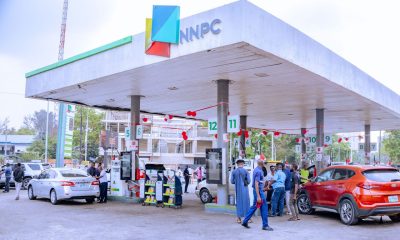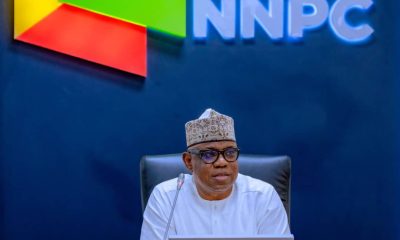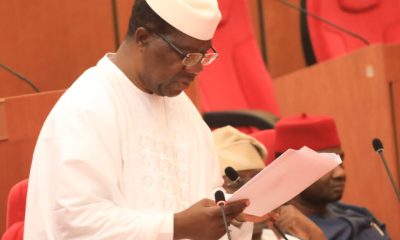The Nigerian National Petroleum Company (NNPC) Limited has apologised to Nigerians for the over three months of pains caused by the nationwide fuel scarcity.
The Group CEO, NNPCL, Mele Kyari, who spoke during an interview on Channels Television’s special election programme The 2023 Verdict,
assured the public that the “glitch” will be resolved to everyone’s relief.
“I apologise for the situation. On behalf of all of us, the stakeholders in the oil and gas industry. Definitely, not surely exclusive. Having said this, it is unfortunate. It’s a glitch – we are responsible to [resolve] this glitch. We will resolve this,” he said.
Asked to specify when Nigerians will begin to see a turnaround, Kyari expressed a strong belief that the relief will be be felt “within the next one week.”
But there is a caveat.
“I’m not saying that you’re going to have zero queues within the next one week,” he added. “No, I can’t guarantee that because a number of things are out of our control.”
The NNPC boss explained that market forces will determine how quickly the situation is resolved, but in his view, the country is going to see substantial and relative ease in the next one week compared to the situation at present.
He gave an assurance that the NNPC will bring succour and relief to the Nigerian people, saying no one orchestrated the fuel scarcity.
“We have no benefit in doing this. We are families. We are members and part of this community. We are very proud of this country.
“We would like this country to prosper. We don’t want Nigerians to suffer and of course as a matter of condition, we don’t think that anyone should go through this thing,” he said.
Supply: The Solution
According to Kyari, the NNPC has been on top of the situation and the way to bring the crisis under control is by increasing supply from the 63 million litres per day as of January.
“We know that the solution is excess supply. Once we are able to do excess supply across the country, across locations, you are going to resolve this issue, which is exactly what we’re doing now,” he said.
“We’re ramping up evacuation today. On a daily basis, we are doing more than 70 million litres into the market against the regular evacuation of up to 63-64 million litres.
“This will work and we believe that the ease that we’re seeing in many locations today – I don’t want to cite specific locations but I know that we’re seeing ease across the country. This is easing up.”
Not Peculiar To Nigeria
On the topic of Nigeria’s scarcity in the midst of an abundance of crude product, the NNPC chief executive alluded to the global normalcy of fuel queues as Nigeria charts its way towards a return to local refining.
“Having fuel queues is really not something that is local to any one country. It happens everywhere – whenever you have either breaches of pipes, pipeline issues, and so on,” he said.
“We don’t hope that this happens to our country but you must have guarantee of supply in your country, which is why we are focused on delivering our refineries rehabilitation projects, so that ultimately this product becomes close to us.
“Now, this hasn’t happened. The refineries’ rehabilitation is not completed. The Dangote Refinery hasn’t taken off. Both of them will happen; once that happens, you have the safety and security of supply near you.”
In the absence of this intervention, his position is that, like other countries, importation is the only other option.
“And the guarantee I have now is that NNPC has locked supply into this country irrespective of the financing challenges that we’re facing,” he added.
